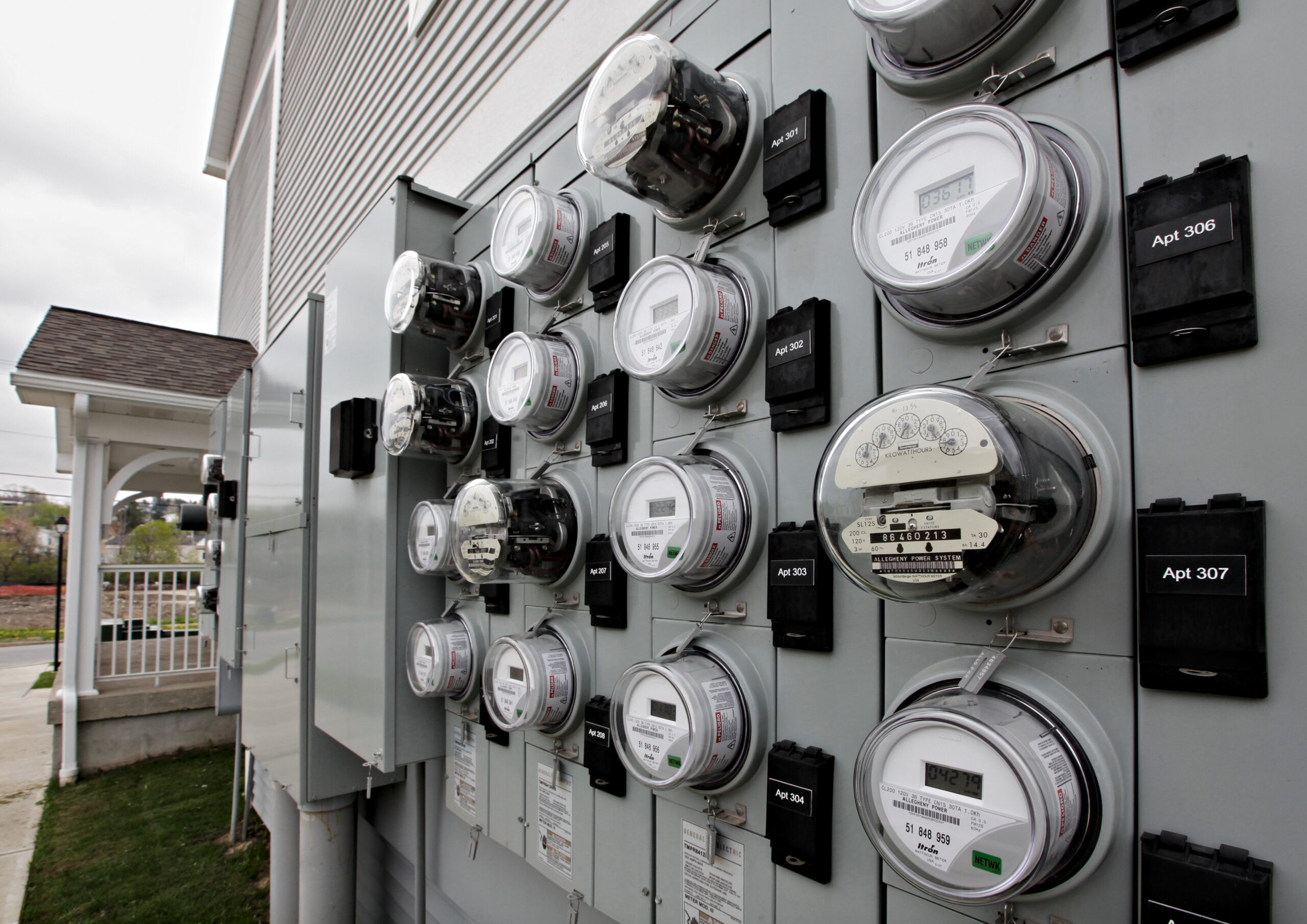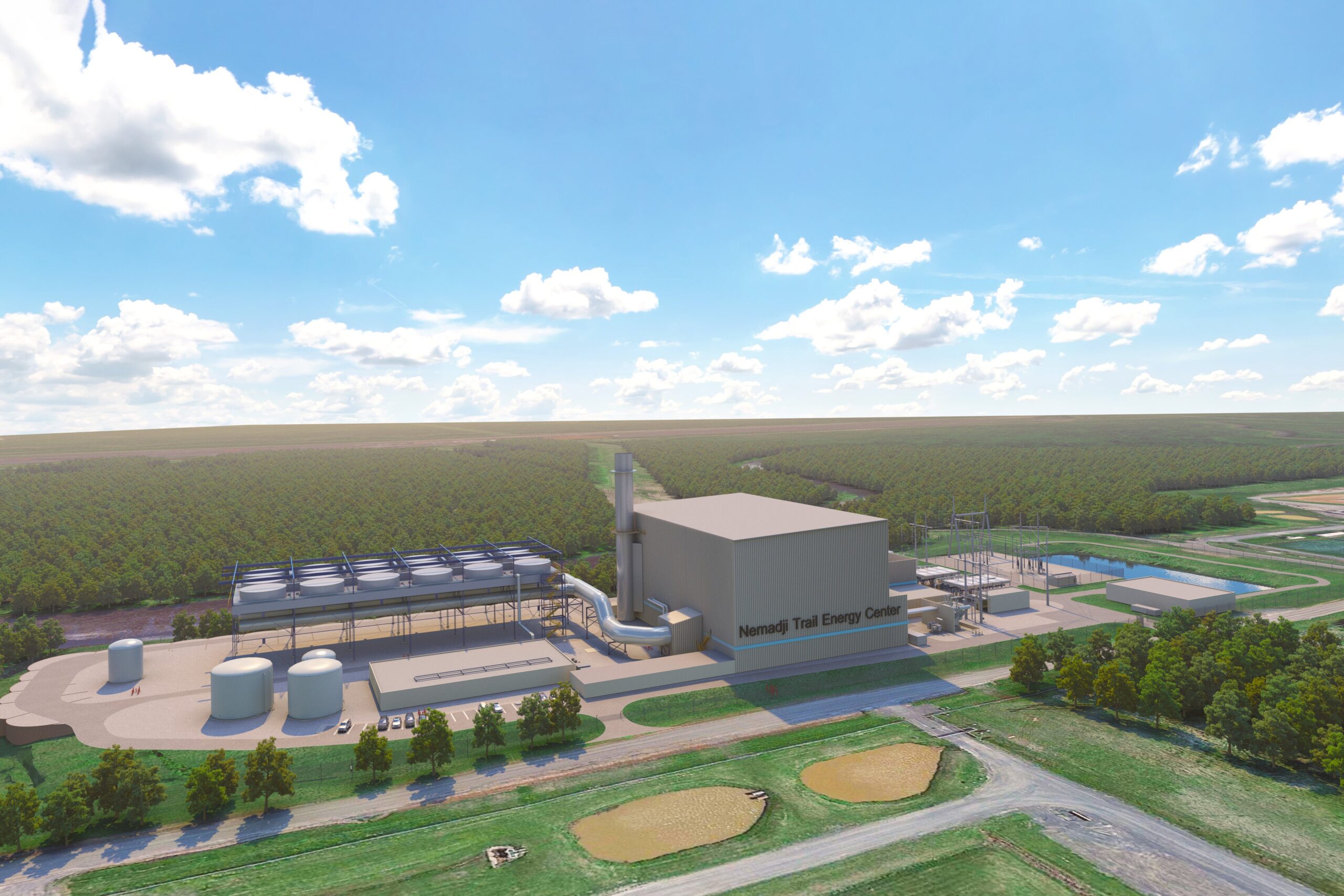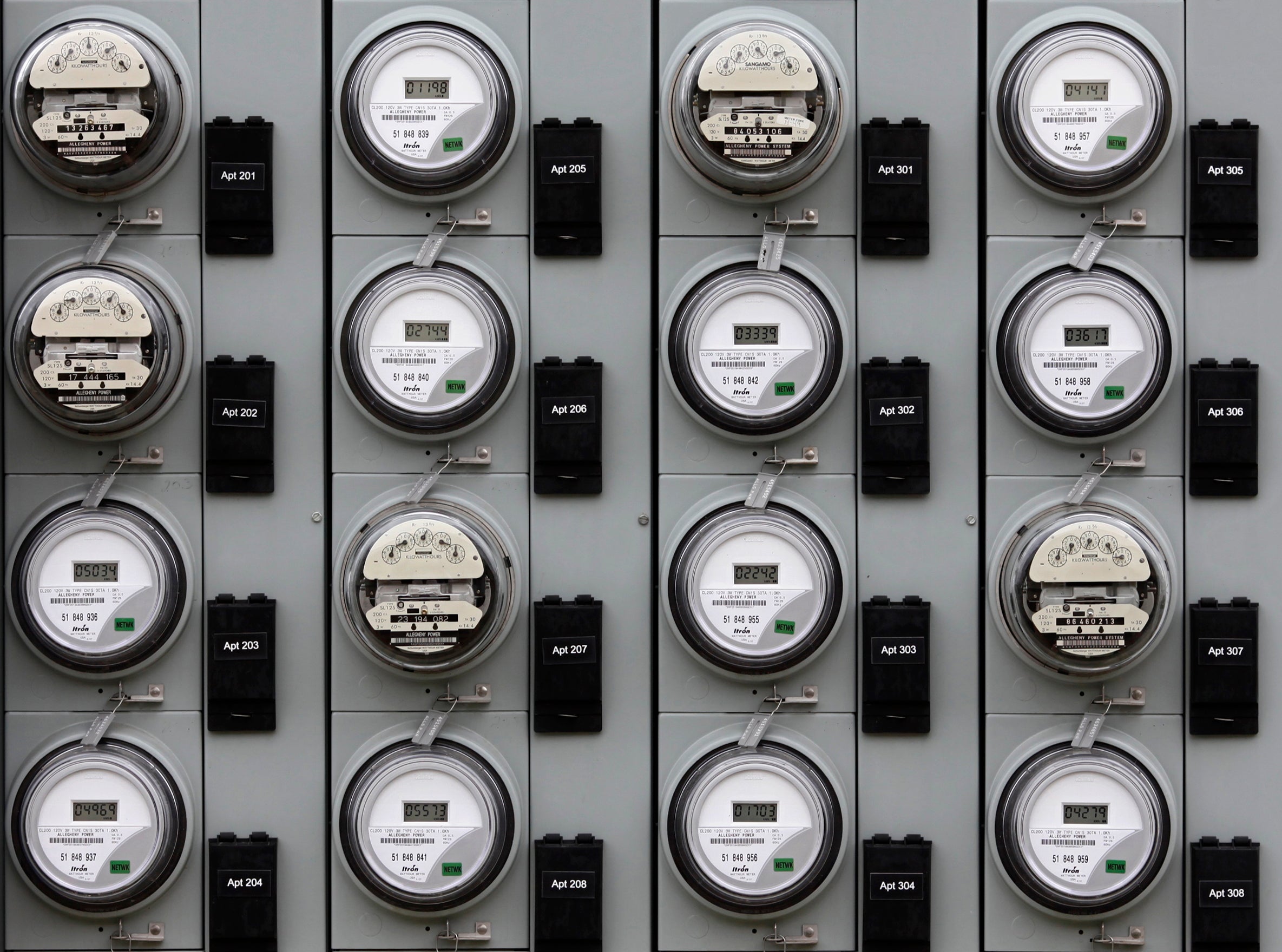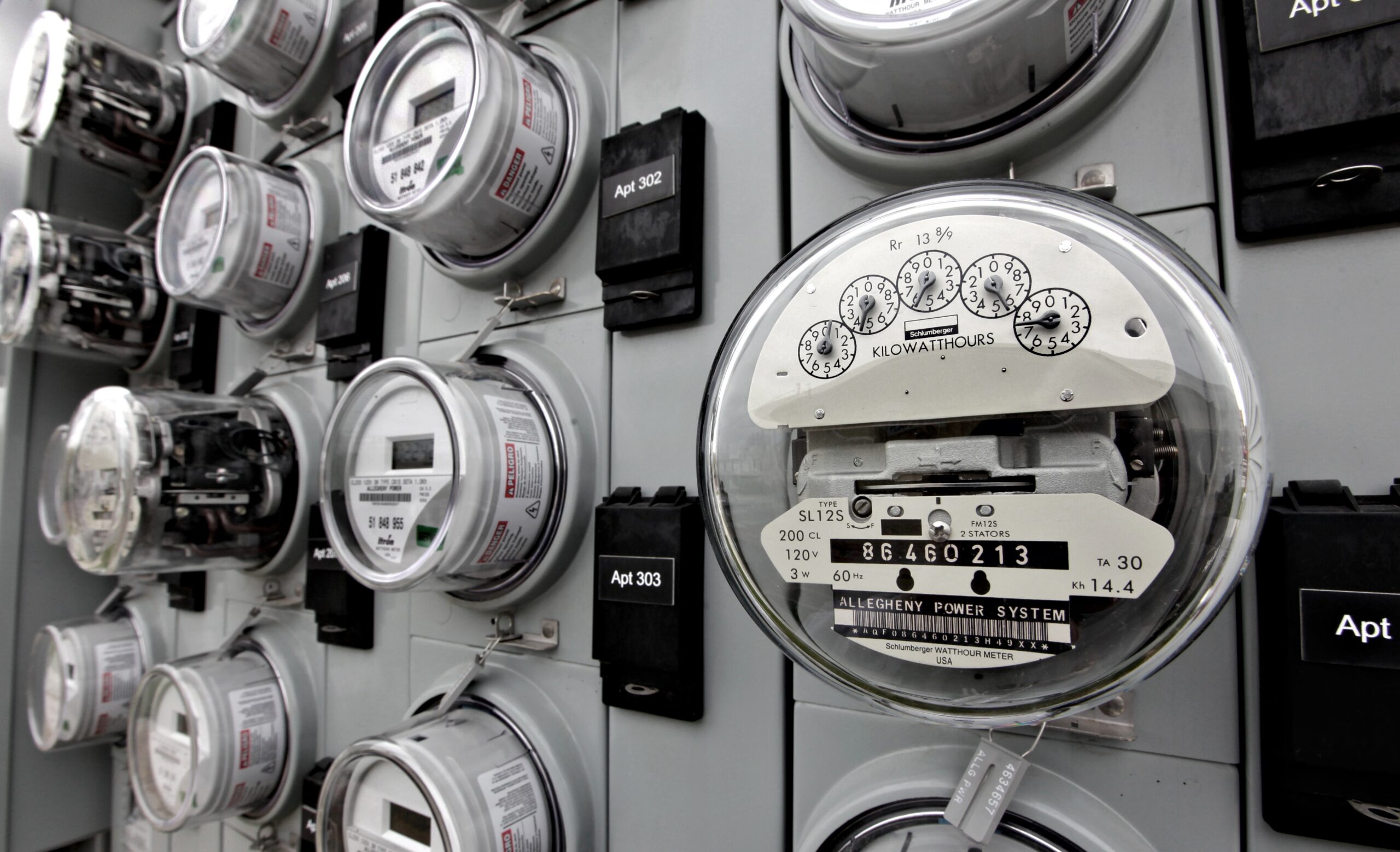The city of Superior, a Canadian energy firm and consumer advocates are weighing in with utility regulators on a Superior utility’s proposal to significantly raise water and natural gas rates next year.
Superior Water, Light and Power, a subsidiary of Duluth-based Allete, is asking the Public Service Commission to increase water rates by roughly 18 percent, natural gas rates by 17.1 percent and electric rates by 2.2 percent. Average monthly bills for residential customers would increase nearly $4 for electricity and about $11 each for water and gas.
Overall, the company said the request amounts to a 5.9 percent rate hike that would increase revenues by around $7.3 million. Joscelyn Skandel, the utility’s manager of regulatory compliance, policy and rates, said the proposed increase reflects investments in its electric, gas and water systems.
“I would say what you’re seeing with the gas and water utilities this time is really around some significant projects that are happening throughout the city of Superior and really in conjunction with the city of Superior,” Skandel said.
The company recently completed upgrades to an aging gas main, and it’s preparing to replace water mains and lines as Superior reconstructs a major thoroughfare in the city. The utility said one water main set for replacement is 133 years old. It’s also seeking to recover costs tied to cleaning up the site of its former manufactured gas plant along the city’s waterfront. Skandel said about half of its proposed natural gas increase, or roughly $1.7 million, would go toward offsetting those expenses.
News with a little more humanity
WPR’s “Wisconsin Today” newsletter keeps you connected to the state you love without feeling overwhelmed. No paywall. No agenda. No corporate filter.
Superior Mayor Jim Paine said he takes issue with the utility passing those costs along to customers. The city has filed to take part in the rate case. He added people are nervous about what the recent sale of Allete might mean for customers in the future. The city itself spends almost $1 million on utility payments, and he estimated the increase would cost the city about $50,000 more each year. As costs rise and inflation remains high, he said it’s unreasonable to expect customers to pay more.
“We hope that the (Public Service Commission) does not raise rates by as much as the utility is requesting,” Paine said.
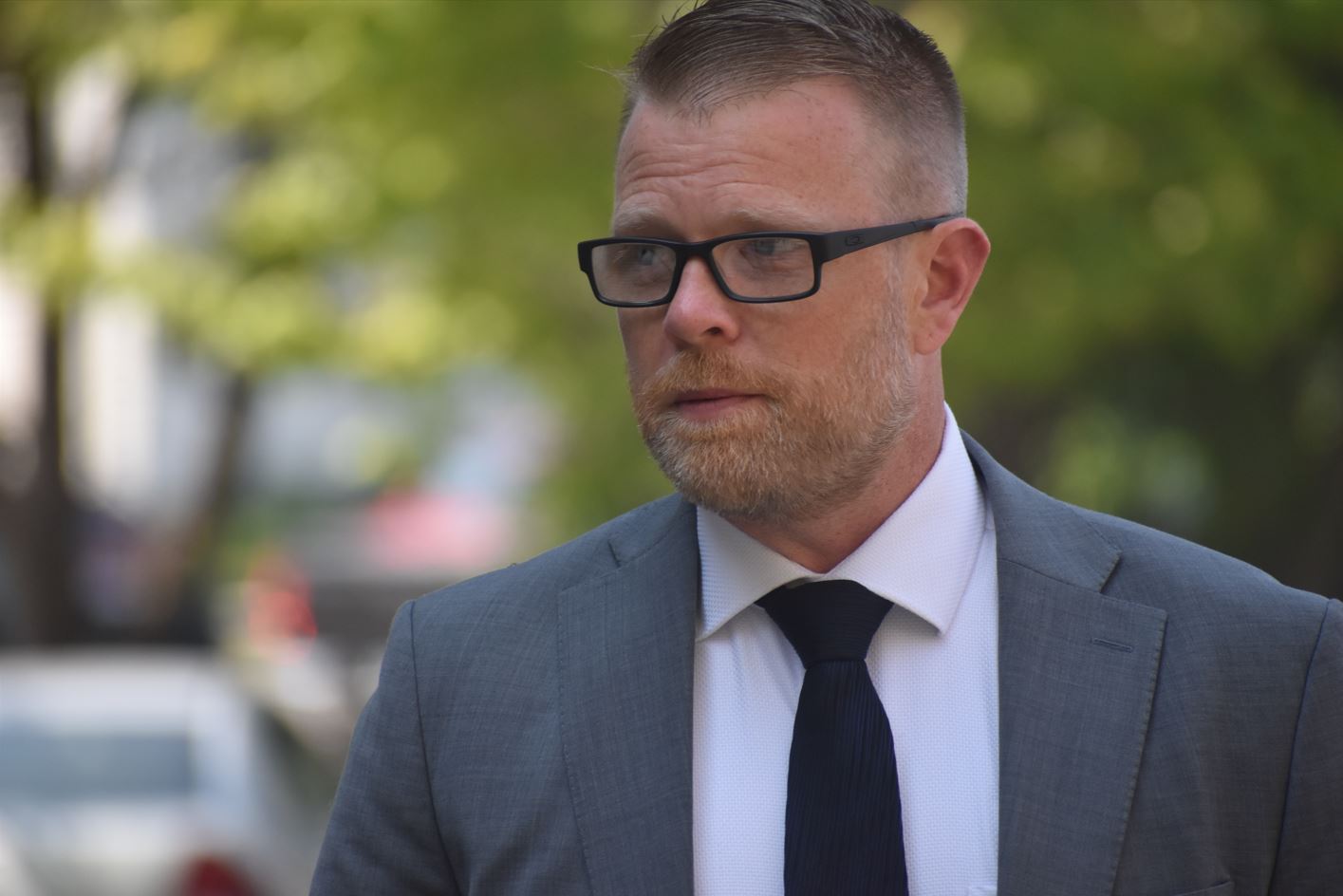
City, others seek lower rates and return on profits
In 2022, the utility received approval from the commission to raise electric rates by 2.7 percent and natural gas rates by 7.29 percent. It decreased water rates by 6.39 percent. Superior Water, Light and Power received a 10 percent return on its investments.
The city’s mayor said the company’s rate of profit should be lowered.
Tom Content, executive director of the Citizens Utility Board, agreed. He pointed to data from financial firm FactSet that showed Wisconsin had the fifth-highest return on equity among states nationwide, according to a five-year average.
He also noted nearly 14 percent of people in Superior are living in poverty, which is higher than the state average of nearly 11 percent. In March, Superior also tied Milwaukee for the second-highest unemployment rate among 35 cities statewide at 4.6 percent compared to Wisconsin’s overall unemployment rate of 3.5 percent.
“As a state, Wisconsin’s economy appears to be doing well, but there are pockets— and Superior is one of them — where people are struggling,” Content said. “When you’re looking at double-digit increases, that’s where the affordability challenge is real.”
Canadian energy firm Enbridge is also seeking to take part in the rate proceedings as the utility’s largest electric customer.
“Enbridge appreciates Superior Water, Light and Power and the critical energy they distribute in the region. As a large customer of SWL&P we are advocating for electric rates that are prudent and align with costs,” Enbridge spokesperson Juli Kellner said in a statement.
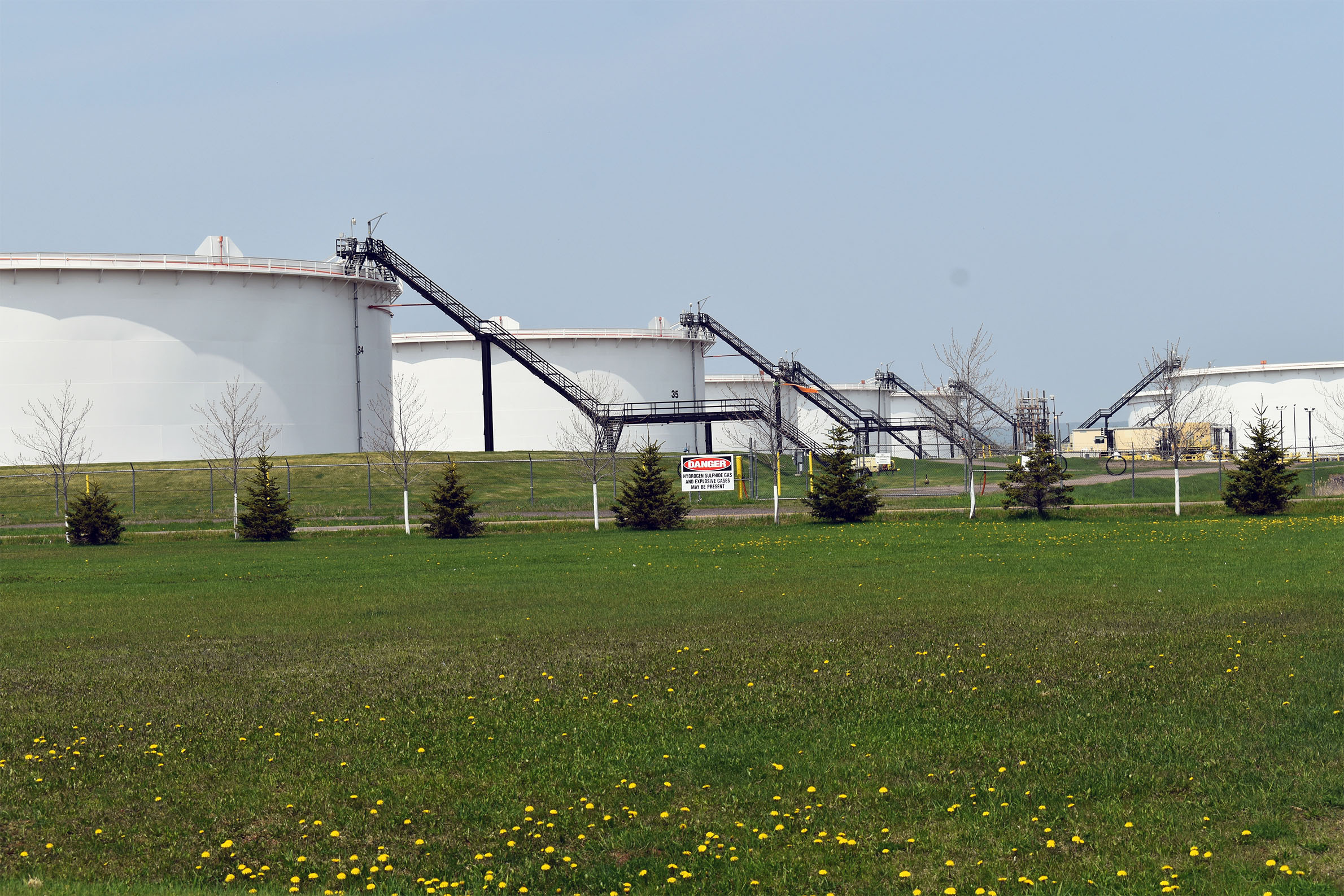
Utility says rising costs, upgrades driving rate hike
Inflation, and resulting increases in labor and materials costs, is a significant driver behind the rate increase request, according to Rob Sandstrom, president of Superior Water, Light and Power. He said work on water infrastructure is also taking place now as Superior conducts road work to avoid tearing up streets again in the future.
“Our systems take maintenance over time, and we like to keep the system up-to-date so we don’t run into a situation where we’re having to impact any of those three things: the safety, reliability or quality of our water and energy,” Sandstrom said.
While bills fluctuate, the average residential customer has seen monthly electric bills climb from around $75 in 2018 to $94 this year. Monthly water bills are also roughly $59, and a state dashboard shows those bills have ranked among the highest in the state in recent years.
While no one likes to see higher bills, Skandel said, the utility has programs for people who are struggling to make payments. Officials urged customers to reach out to the utility if they need to set up payment plans, conserve water and seek incentives through the state’s Focus on Energy program to realize energy savings.
The utility serves around 15,000 electric customers, 13,000 natural gas customers and 10,000 water customers in the city and nearby areas of northwestern Wisconsin.
Wisconsin Public Radio, © Copyright 2025, Board of Regents of the University of Wisconsin System and Wisconsin Educational Communications Board.

